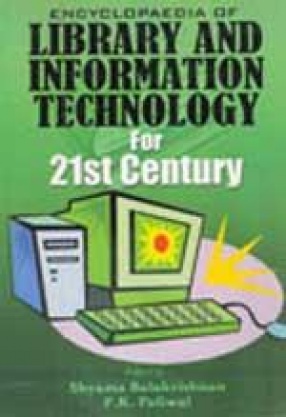
P.K. Paliwal

55 books
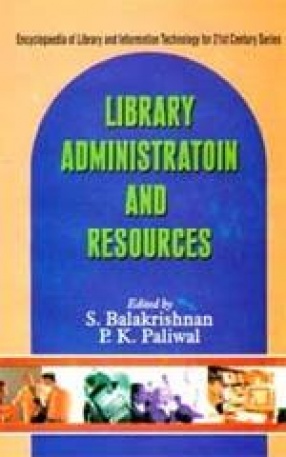
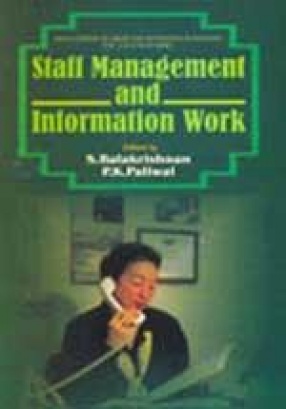
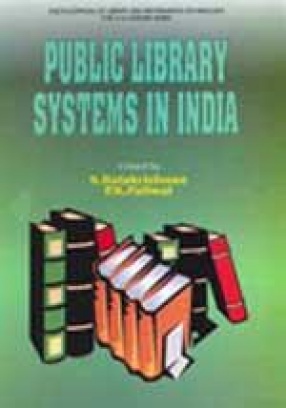
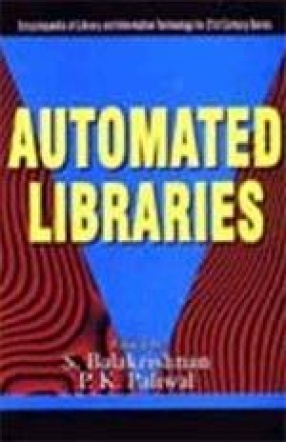
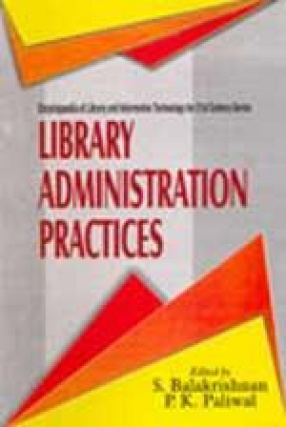

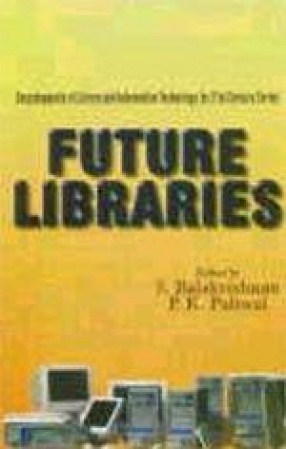
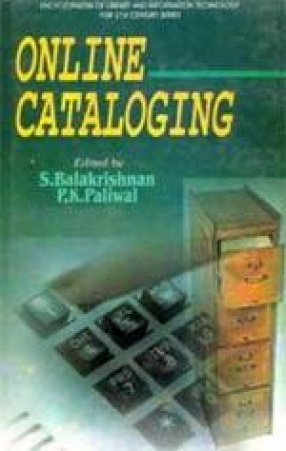
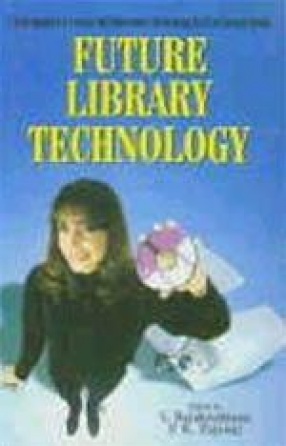
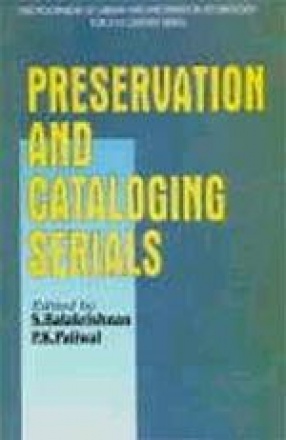
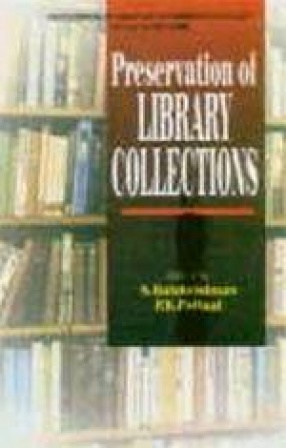
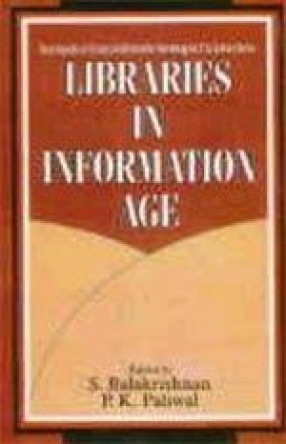
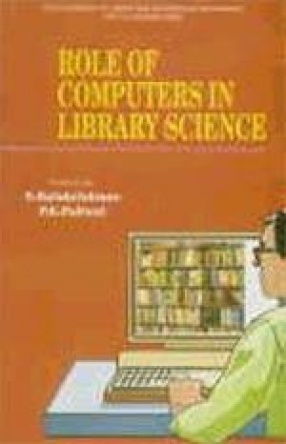
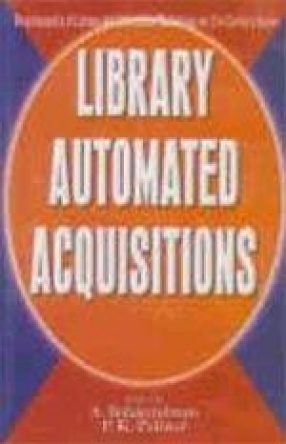

For a long library and information technology seems to have meant little more than knowing what tasks had to be performed in libraries and being able to do; only of late did management come to be concerned with such abstractions as planning controlling, coordinating, etc. Librarians have sought to justify their professional existence through a set of routine practices which set them apart from other professional groups and which can be accepted by other as ...
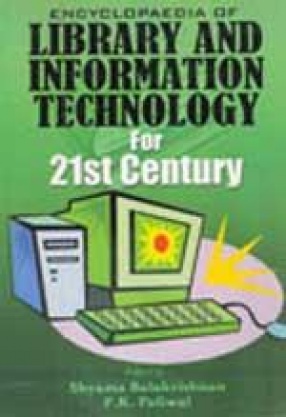
For a long library and information technology seems to have meant little more than knowing what tasks had to be performed in libraries and being able to do; only of late did management come to be concerned with such abstractions as planning controlling, coordinating, etc. Librarians have sought to justify their professional existence through a set of routine practices which set them apart from other professional groups and which can be accepted by other as ...
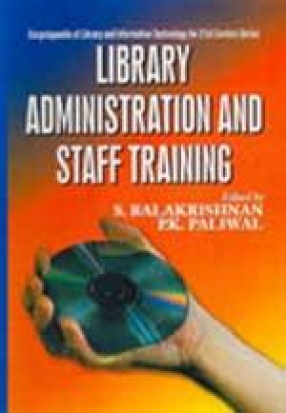
The recruitment policy of a library is planned considering the nature of its services. Thus, the recruitment policy of a public library differs from a school or college or University library or from any special and research library. Hence the recruitment of the library staff should be made by certain tests like aptitude test, personality test, interest test, intelligence test, etc. After appointment, the library needs to ensure that new staffs are trained in ...

Each organisation performs certain office functions for implementing various decisions taken by the management from time to time. A library also performs similar functions, though in a modified forms due to its special functions and jobs. Library administration looks after various functions e.g. Planning, organising, staffing, directing, coordinating, reporting, and budgeting. Some significant issues like library management planning; resources and staff training; ...
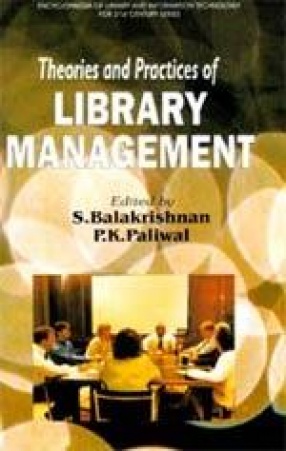
In view of fast-changing computer technology and the increasing manufacture of sophisticated computers during last few decades have changed the entire concept of library management. Hence what will be the ideal theories and practices of modern library management? This book puts light on many such vital issues like-introduction; planning and decision-making; organisation; administration; library automation; computer in library management etc. This will prove a ...

Staff management is important as mostly half of the library's budget is spent on staff salaries. So it is important to analyse and evaluate existing jobs and staffing structure and modify them in relation to changing needs such as automation, taking account of the balance between supply and demand for library and information workers. It is vital to have a well thought-out recruitment strategy using staff who are skilled in drawing up personnel specifications and ...

Public libraries have a wealth of resources on which they can draw, both external and internal, to achieve efficient services and good training practices. These include their own staff, with specialist knowledge and skills, who can be used on internal programmes and courses and local authorities' personnel departments, which can help with general principles and guidance. This book contains highly useful information derived from diverse authoritative sources ...
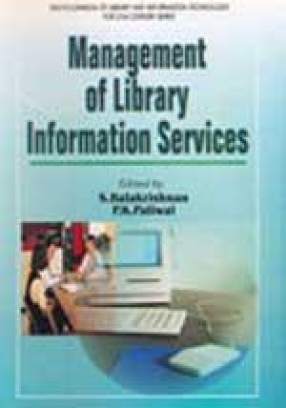
Scientific management has been defined as an attitude of mind, a belief that the use of the scientific method-with its emphasis on definition of basic assumptions, measurement, experimentation, quantified evaluation, and repeated reexamination of assumptions and results-can produce better management than blind acceptance of existing practice or the choice of alternatives by intuition. Some important aspects of the management of library information services ...

For computer application to library and information activities many attempts have been made during last two decades. It is only recently that libraries and information centres have become more earnest to computerise their operations and services. With the advent of low cost microcomputers, the libraries and information centres are now encouraged to switch over to computerisation. There is also an enthusiasm among the professionals to get trained in library ...
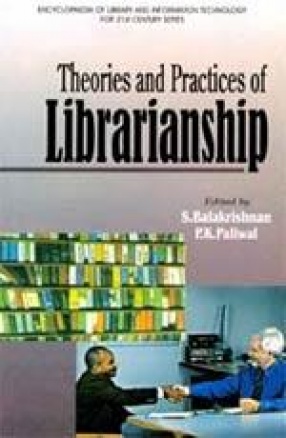
Librarianship, despite being derived from a distinct field of intellectual activity, cannot be regarded merely as form of bolt on support discipline. Many would dispute this interpretation. It is more common to attempt to distinguish 'core' elements of knowledge and skill as distinctive of a particular kind of professionality and to categorise other aspects of working knowledge as non-professional. Different theories and practices of librarianship are ...

Library administration can be studied from theoretical as well as practical angles. To have better results, practical administration must be based on sound theoretical principles. A library presents almost the same problems as are encountered with any other social institution—a college, or an industrial undertaking. It would, therefore, be appropriate to take into account the administrative functions of other social institutions and to apply them to libraries ...

There is currently considerable interest in the nature of organisations as information systems, from the perspective of computing and cybernetics (that is, the science of systems of control and communications; in particular, study of the human control system of nervous system and brain, and experimentation with applications of computing technology to intelligent processes). Library Organisation, as is obvious from the name of the title, this book contains ...
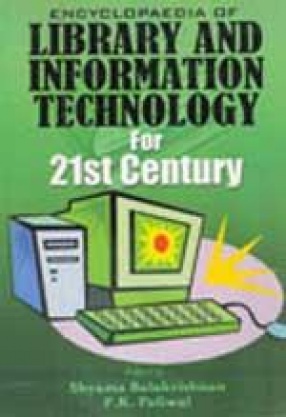
For a long library and information technology seems to have meant little more than knowing what tasks had to be performed in libraries and being able to do; only of late did management come to be concerned with such abstractions as planning controlling, coordinating, etc. Librarians have sought to justify their professional existence through a set of routine practices which set them apart from other professional groups and which can be accepted by other as ...
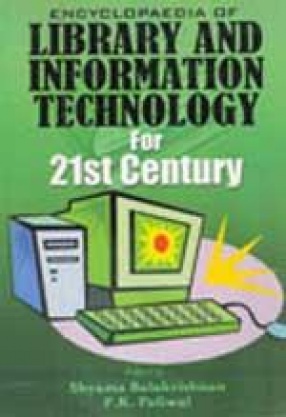
For a long library and information technology seems to have meant little more than knowing what tasks had to be performed in libraries and being able to do; only of late did management come to be concerned with such abstractions as planning controlling, coordinating, etc. Librarians have sought to justify their professional existence through a set of routine practices which set them apart from other professional groups and which can be accepted by other as ...
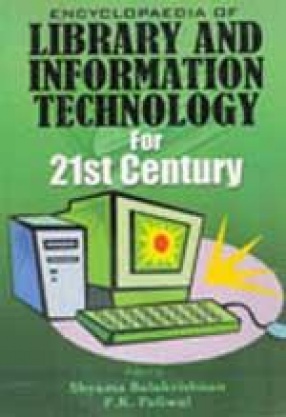
For a long library and information technology seems to have meant little more than knowing what tasks had to be performed in libraries and being able to do; only of late did management come to be concerned with such abstractions as planning controlling, coordinating, etc. Librarians have sought to justify their professional existence through a set of routine practices which set them apart from other professional groups and which can be accepted by other as ...

The library is the place where individual needs for knowledge and information are met through the collective provision and interpretation of resources; technological developments which put the individual consumer directly in touch with a global information market-place create an apparently barren future for this particular public service. In the fast developing digital age what will be proper shape of library and information technology? And how these will be ...

As more libraries continue to automate various parts of their technical processing operations, the issues pertaining to the selection and use of systems specific to those operations are crucial. At a broader level, there is general consensus about what a cataloguing, acquisitions, serials control, or circulation systems should do as far as function is concerned. The development of online public-access catalogues (OPACs) has not reached a comparable stage of ...

Real world problem can be approached on an educational level by developing an infrastructure of high quality information technology. If the right changes are made by libraries of every persuasion, there should be a good future for automated library systems and related information technologies. These systems can and should become major information delivery systems to a wide variety of societal segments. A vivid interpretation of many core issues pertaining to ...

Preservation is not an antiquarian exercise for keeping objects from the past simply because they are old. It is a managerial tool for making information available to users. What is to be preserved? For how long is it to be preserved? By what means is it to be preserved? The answers to these three questions provide the foundations upon which a preservation policy can be built. This book is designed to gather succinct information on some vital issues pertaining to ...
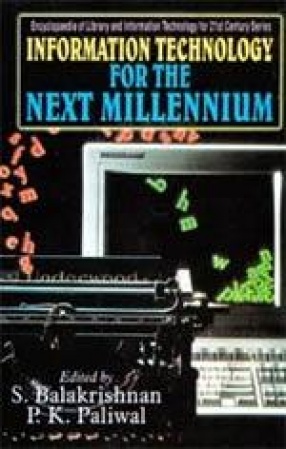
Burgeoning electronic publishing and resources made available via digital imaging facilities are replacing direct hard copy print resources. If the right decisions are not made to invest in building the needed skills and technology infrastructure, some libraries will face even more serious problems in meeting their users’ needs. It will be only a matter of time until all libraries will be forced to use resources beyond the traditional printed book and journal. ...

The main aim of a library is to utilise its resources to the best advantage of its readers. As such these have to preserve the oldest and rare reading materials meticulously. The basic objective of a preservation policy can be defined as being to ensure that materials and information which the library’s users can reasonably demand will be available when they are needed. The well-researched information contained herein will equip the readers with latest ...

Library management systems are but a segment of a world of information technology and elsewhere there are a variety of systems which are designed primarily to present the customer with information which they use directly, but in electronic form. The clutch of technologies which cover electronic information delivery include CD-ROM, online access to remote database hosts, videotext/ teletext and automated community information. As is obvious from the name of the ...

With the advancement of computer technology and under the impact of information technology revolution the entire scenario of library science has undergone drastic changes. The sophisticated magnetic media and the silicon chip brought about a major break-through in the storage of data and information. Role of computers in library science is thoroughly assessed in this book. Information gathered in different chapters like—advancement of computer technology; ...

In an automated environment library managers are paying close attention to production goals. At the same time, the bibliographic records in online databases should reflect accurately the library’s holdings. Automation can be introduced as part of a strategic plan based on a user-centred philosophy of information provision rather than on an ad hoc basis, thus disruption and the adverse effects on staff. The rich information contained herein will equip the ...
